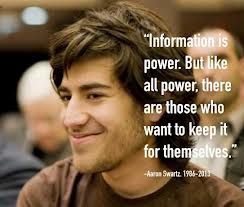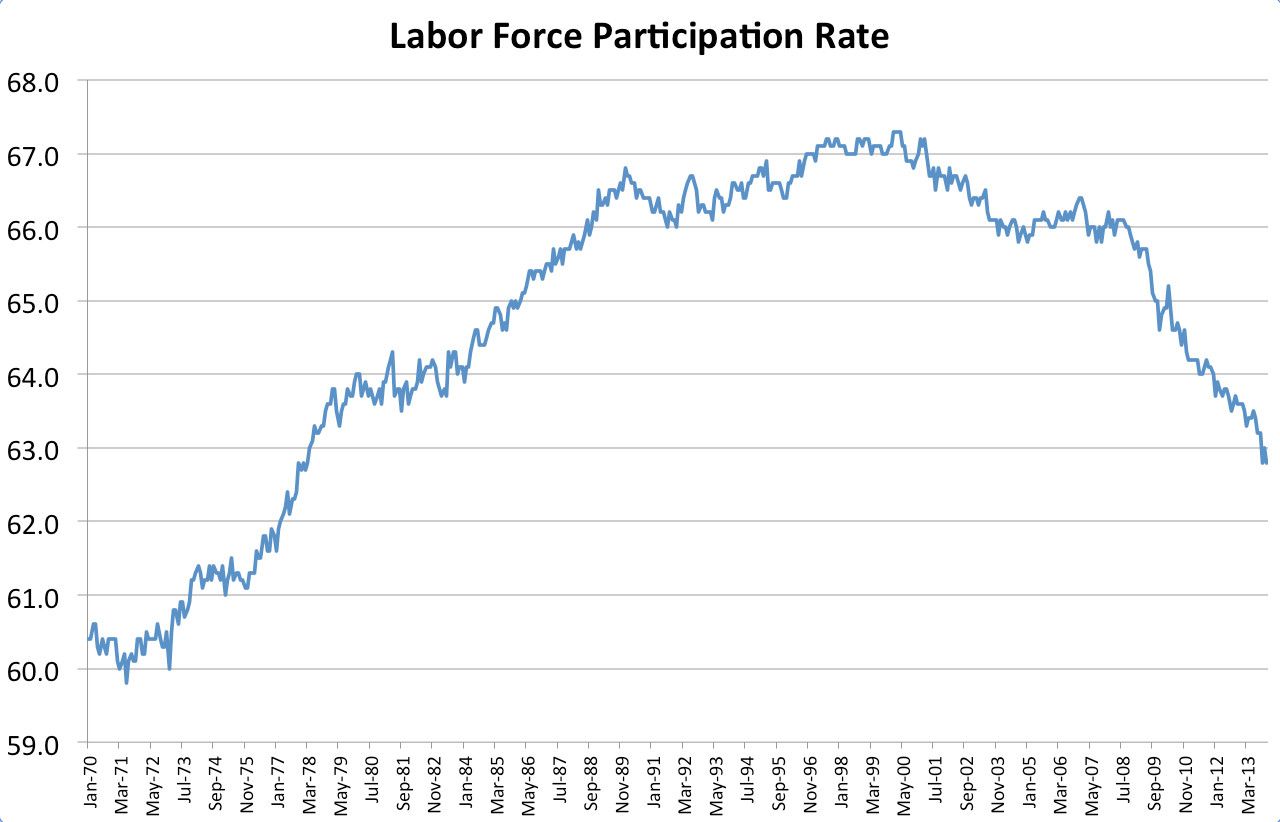 Welcome to the Health and Fitness NewsWelcome to the Stars Hollow Health and Fitness News weekly diary. It will publish on Saturday afternoon and be open for discussion about health related issues including diet, exercise, health and health care issues, as well as, tips on what you can do when there is a medical emergency. Also an opportunity to share and exchange your favorite healthy recipes.
Welcome to the Health and Fitness NewsWelcome to the Stars Hollow Health and Fitness News weekly diary. It will publish on Saturday afternoon and be open for discussion about health related issues including diet, exercise, health and health care issues, as well as, tips on what you can do when there is a medical emergency. Also an opportunity to share and exchange your favorite healthy recipes.
Questions are encouraged and I will answer to the best of my ability. If I can’t, I will try to steer you in the right direction. Naturally, I cannot give individual medical advice for personal health issues. I can give you information about medical conditions and the current treatments available.
You can now find past Health and Fitness News diaries here and on the right hand side of the Front Page.
Follow us on Twitter @StarsHollowGzt

Last week, in the course of cleaning out my office and downsizing my cookbook library, I came across an interesting book called “Tonics” by Robert A. Barnett. The book is a collection of recipes, not just for liquid tonics, but for all sorts of dishes made with foods and herbs thought to improve well being.
It was a rare cold day in Los Angeles and I was inspired by the book to make some tonics of my own: hot infusions made with ingredients I had on hand in my pantry and produce basket. I brewed and tasted, and thought of the founders of Celestial Seasonings tea company, who in the late 1960s and early ’70s had come up with such household favorites as Red Zinger and Sleepytime Tea doing just what I was doing.
~Martha Rose Shulman~
A delicious drink made with sour, zingy, vitamin C-rich dried fruit.
A sweet infusion made with just water and three ingredients.
Meyer Lemon and Ginger Infusion With Turmeric and Cayenne
You might want to reach for this tea if you feel a sore throat coming on.
Dried Apricot, Cherry and Cranberry Infusion
Simmering dried fruit with some sweet spices results in a great beverage for a snowy day.
Coconut Ginger Tea With Lime, Honey and Turmeric
The smell of coconut inspired this infusion.

 Today marks the one year anniversary of the death of Aaron Swartz, the computer coder and Internet freedom activist, who committed suicide while facing prosecution on federal hacking charges. So, today, in Aaron’s memory and for the causes he believed in,
Today marks the one year anniversary of the death of Aaron Swartz, the computer coder and Internet freedom activist, who committed suicide while facing prosecution on federal hacking charges. So, today, in Aaron’s memory and for the causes he believed in, 

 On January 11, 1908, U.S. President Theodore Roosevelt
On January 11, 1908, U.S. President Theodore Roosevelt 

 On this day in 1901,
On this day in 1901,
Recent Comments